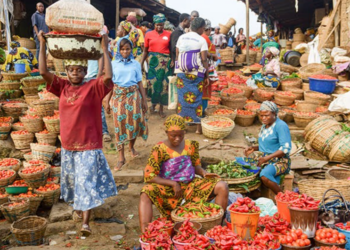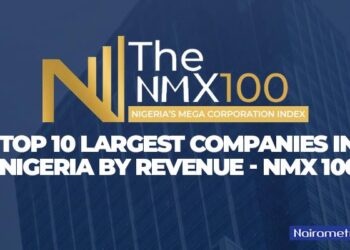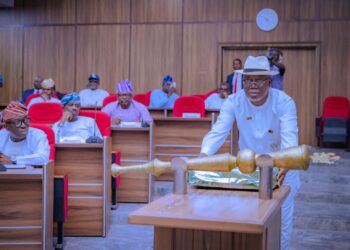Former Central Bank of Nigeria (CBN) Governor and Emir of Kano, Sanusi Lamido Sanusi, has attributed Nigeria’s current economic hardship to the cumulative effects of the country’s failure to remove the fuel subsidy over a decade ago.
Speaking at the Oxford Global Think Tank Leadership Conference held on Tuesday in Abuja, Sanusi said that what was commonly referred to as a “fuel subsidy” in Nigeria was, in fact, a dangerous financial arrangement that functioned more like a hedge — one that exposed the country to unlimited fiscal risk.
“The government told 200 million Nigerians they would not pay more than a fixed amount per litre, no matter what happened to oil prices or exchange rates. When oil went from $40 to $140, the federal government paid the difference. When the naira depreciated from N155 to N300, the government paid the difference,” Sanusi explained.
“That was not a subsidy; it was the worst form of derivative, an open-ended hedge.”
The former CBN governor said that this approach led Nigeria into a fiscal trap, where the government was not only borrowing to fund the fuel subsidy but also accumulating debt just to pay the interest on those borrowings.
“At some point, we were borrowing money not just to pay subsidies, but to service the interest on the loans taken to pay those subsidies. That was bankruptcy by policy,” he declared.
Sanusi, who served as CBN Governor from 2009 to 2014, recalled that he had warned the federal government as far back as 2012 that delaying subsidy removal would worsen inflationary pressures in the long term and deepen fiscal instability.
“If we had removed it then, inflation would have risen slightly from 11 to about 13 per cent and stabilised. Now, we are facing inflation above 30 per cent. This is the cost of delay,” he said.
He noted that Nigeria’s fiscal crisis is rooted in a fundamental misunderstanding of economic management, where short-term political decisions often override sound economic judgment. The result, he said, is misplaced expectations among citizens regarding the roles of key government institutions such as the CBN and the Ministry of Finance.
“Many Nigerians think the central bank or the Ministry of Finance can simply create prosperity. They cannot. Their job is to provide stability and predictability, the foundation upon which private investment and economic growth can occur,” Sanusi explained.
Sanusi lauds Cardoso-led CBN
Turning his attention to the current leadership of the Central Bank, Sanusi praised CBN Governor Olayemi Cardoso, commending his focus on restoring professionalism, transparency, and monetary discipline to the institution.
“The central bank’s role is not to create growth or employment but to provide stability and an environment conducive to growth, and I believe the current leadership has made progress in that regard,” Sanusi said.
He lauded the CBN’s recent policy reforms aimed at reducing exchange rate distortions, curbing inflation, and rebuilding investor confidence in Nigeria’s monetary system. According to him, these actions are critical in reversing the structural imbalances that have plagued Nigeria’s economy in recent years.
The Emir of Kano also called for stronger synergy between fiscal and monetary authorities, urging the federal government to maintain policy consistency and accountability in its reform agenda. He stressed that without fiscal discipline and long-term planning, Nigeria risked repeating the same mistakes that led to its current debt crisis.
What you should know
In his inaugural address on May 29, 2023, President Bola Ahmed Tinubu unveiled a bold and transformative policy designed to alleviate the mounting financial pressures on Nigeria’s government.
“Fuel subsidy is gone,” Tinubu announced, sending a clear message of his administration’s commitment to economic reform during his inaugural speech.
For years, the subsidy, introduced in the 1970s, has been a contentious issue. Despite Nigeria’s status as Africa’s largest oil producer, the country struggles to refine enough crude oil to meet local demand. As a result, Nigeria imports most of its petroleum products, which were sold at subsidized rates set by the government.
While the subsidy kept fuel prices artificially low for consumers, it placed an enormous strain on public finances. In 2022 alone, the subsidy consumed a staggering N4.3 trillion. For the first half of 2023, another 3.36 trillion naira had already been earmarked for subsidy payments.
The conference, which brought together policymakers, academics, and development partners, focused on strategies for sustainable governance and economic transformation in Africa.























